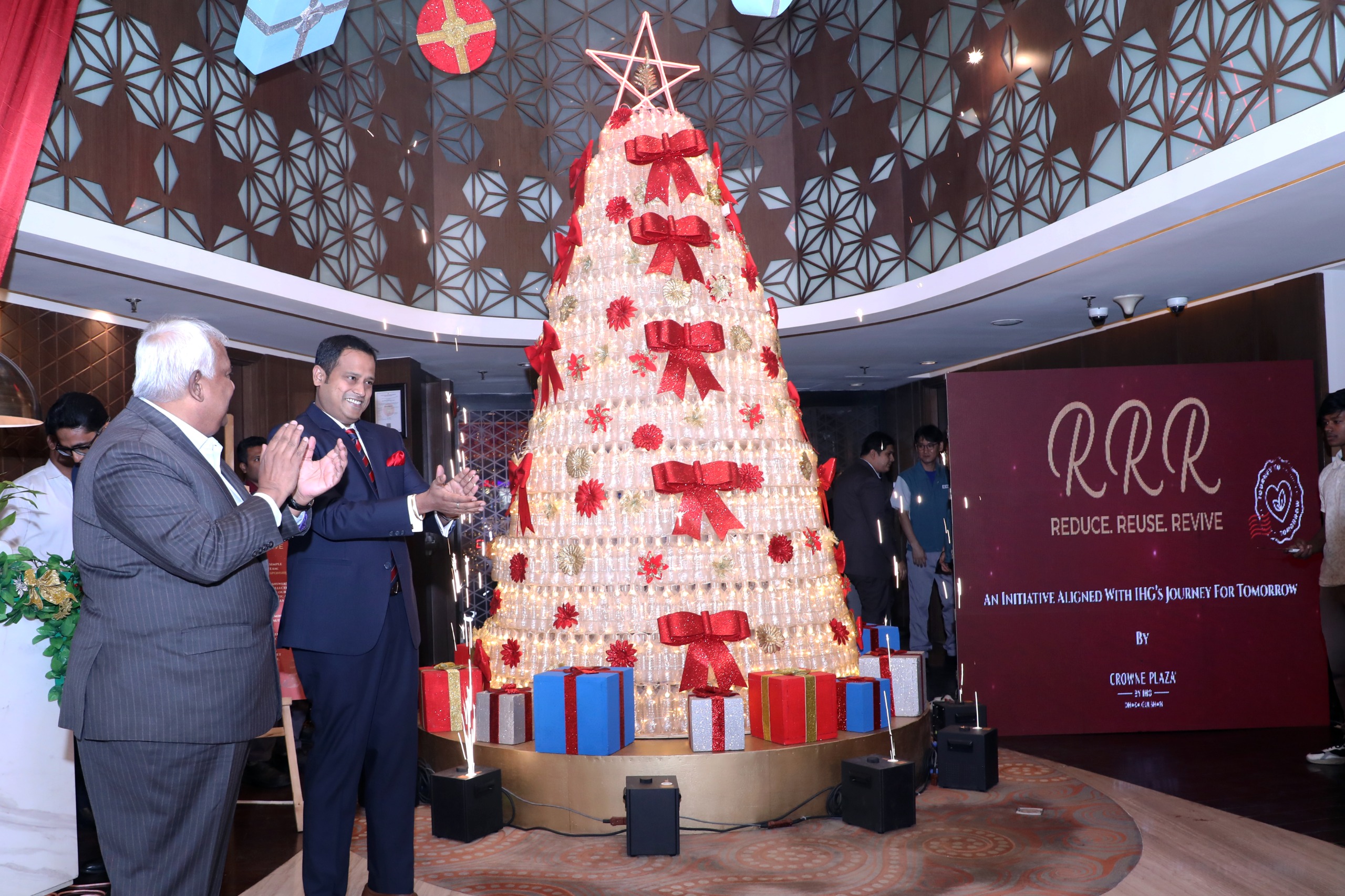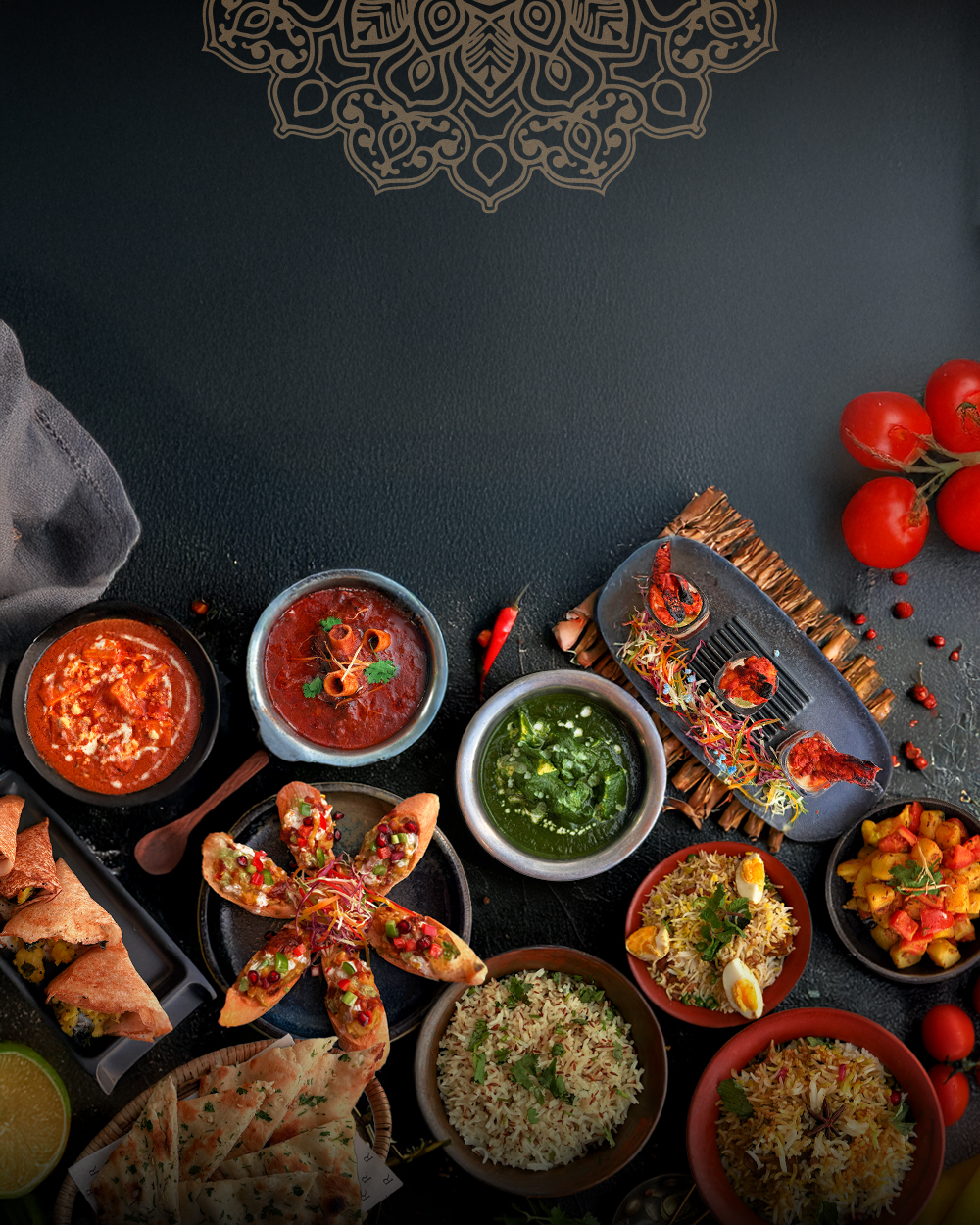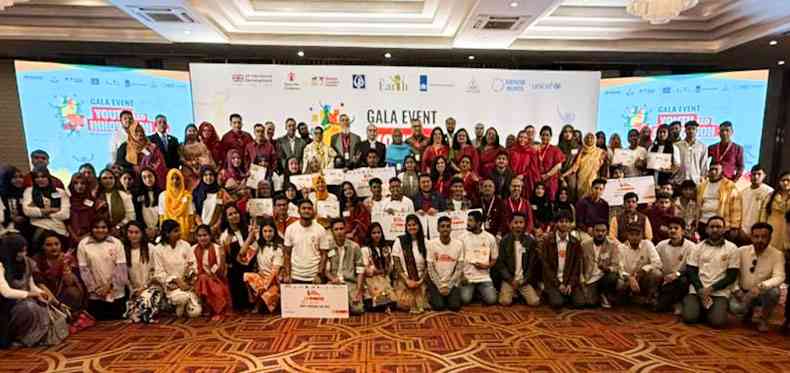The incredible story of Mita Khatun from Natore, who was married off at 13 but did not stop her pursuit of becoming independent. In a conversation, she elaborates on her journey from a teen bride to becoming a role model for her community with the help of fish farming
What got you interested in fish farming?
My husband has been involved with fish farming for quite some time. For obvious reasons, I was pretty familiar with the ins and outs of the trade by default. I decided to take up fish farming since the work is in the vicinity of my house.
Can you please elaborate on your business? What kind of revenue does it help to generate?
I am an entrepreneur who cultivates and sells fish fry to different businesses, ranging from big hatcheries to micro-entrepreneurs ferrying hatchlings in bowls (locally known as bhari). I use aquaculture best practices I learned during my traineeship with WorldFish to produce (bata pona) in my two ponds. Speaking of revenue generation, it varies across different chalans (batches) depending on the quality of the fries and market demand. For some perspective, a single chalan costs BDT 70,000 on average and can be sold from BDT 1,10,000-1,40,000
“The training elaborately discussed every aspect of the process from redying the pond to transporting the fish fry. At the same time, it demonstrated the techniques that help to enhance productivity and minimise deaths.”
How did you come to know about the IDEA Project by WorldFish? Why did you feel like you needed help?
Although I was familiar with the basics of fish farming, I knew it was not enough to run a viable business. I learned about WorldFish and their training opportunities through word of mouth and immediately signed up for the special training programme. That’s how it all started!
Could you please elaborate on the entire training process?
After my brother enrolled my name in the programme, officials from WorldFish visited my house to confirm my interest and participation. The programme included a three-day training at the Natore DC Office and a government fish hatchery. Although I decided to commute to the training, accommodation was available for everyone. The training was an eye-opening experience, to say the least. I realised there is more to becoming an entrepreneur than just cultivating some fish in the pond. The training elaborately discussed every aspect of the process from redying the pond to transporting the fish fry. At the same time, it demonstrated the techniques that help to enhance productivity and minimise deaths.
The training helped me turn things around and generate significant revenues for my business. It encouraged me to enrol in another training – WorldFish initiated a couple centred approach for women entrepreneurship development in aquaculture. The training focused on building entrepreneurial skills for women. It made me realise the importance of having a formal structure and legal paperwork for businesses. I now have a trade licence and a bank account in my name and maintain an updated ledger of all my transactions. Interestingly, it was a couples’ training, so my husband was there with me. We not only realised the importance of paperwork, but also understood how he could support me in sharing my work load, and provide me with moral support in flourishing as an entrepreneur.
You are a Local Service Provider (LSP). Could you explain what your role as an LSP is?
People, especially women in rural societies, have little to no knowledge about the advances made in fish farming techniques. As a result, a lot of them struggle to turn it into an income-generating venture. My role as an LSP is to share information on techniques that will allow farmers to enhance production, improve quality and employ entrepreneurial techniques that will facilitate the profitability of their ventures.
How has the training and assistance from the WorldFish IDEA Project improved your chances of becoming more successful in life?
The training has turned my life around. It’s not just the training, but the entire collaboration has had a lot of impact on my personal life. Perhaps, the best thing about this programme is that the effect has not been limited to financial improvement; it also catalysed a significant social change.

















